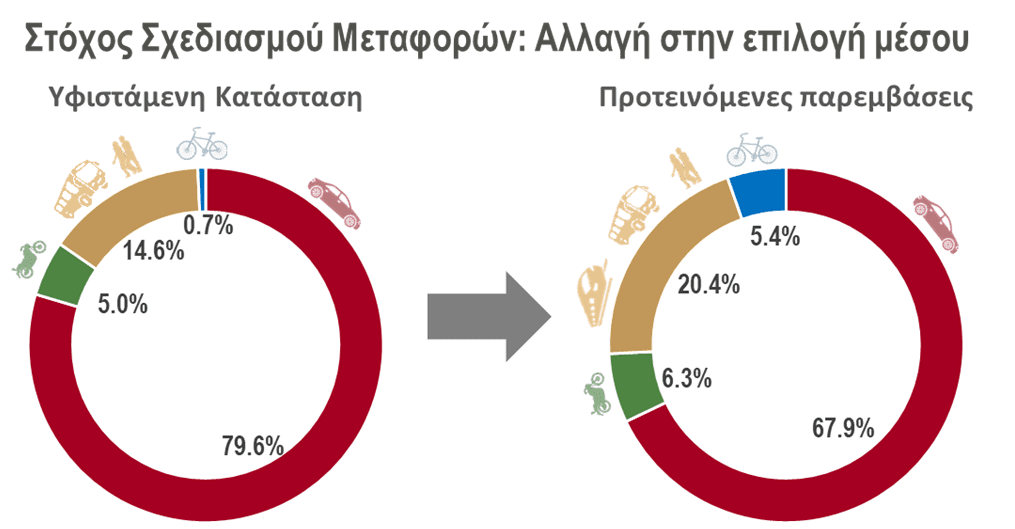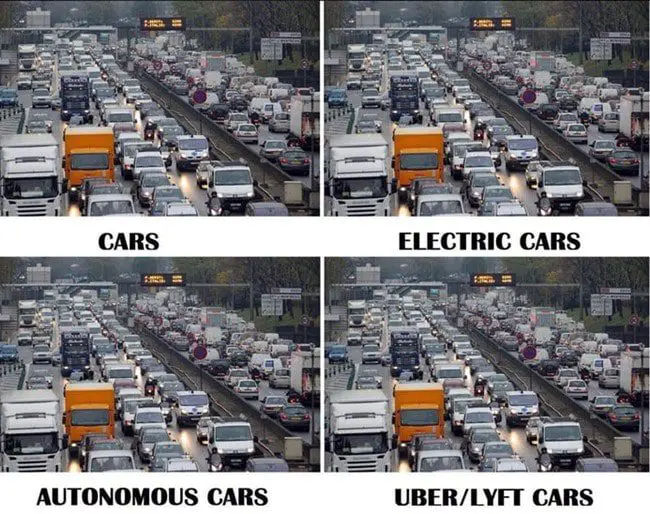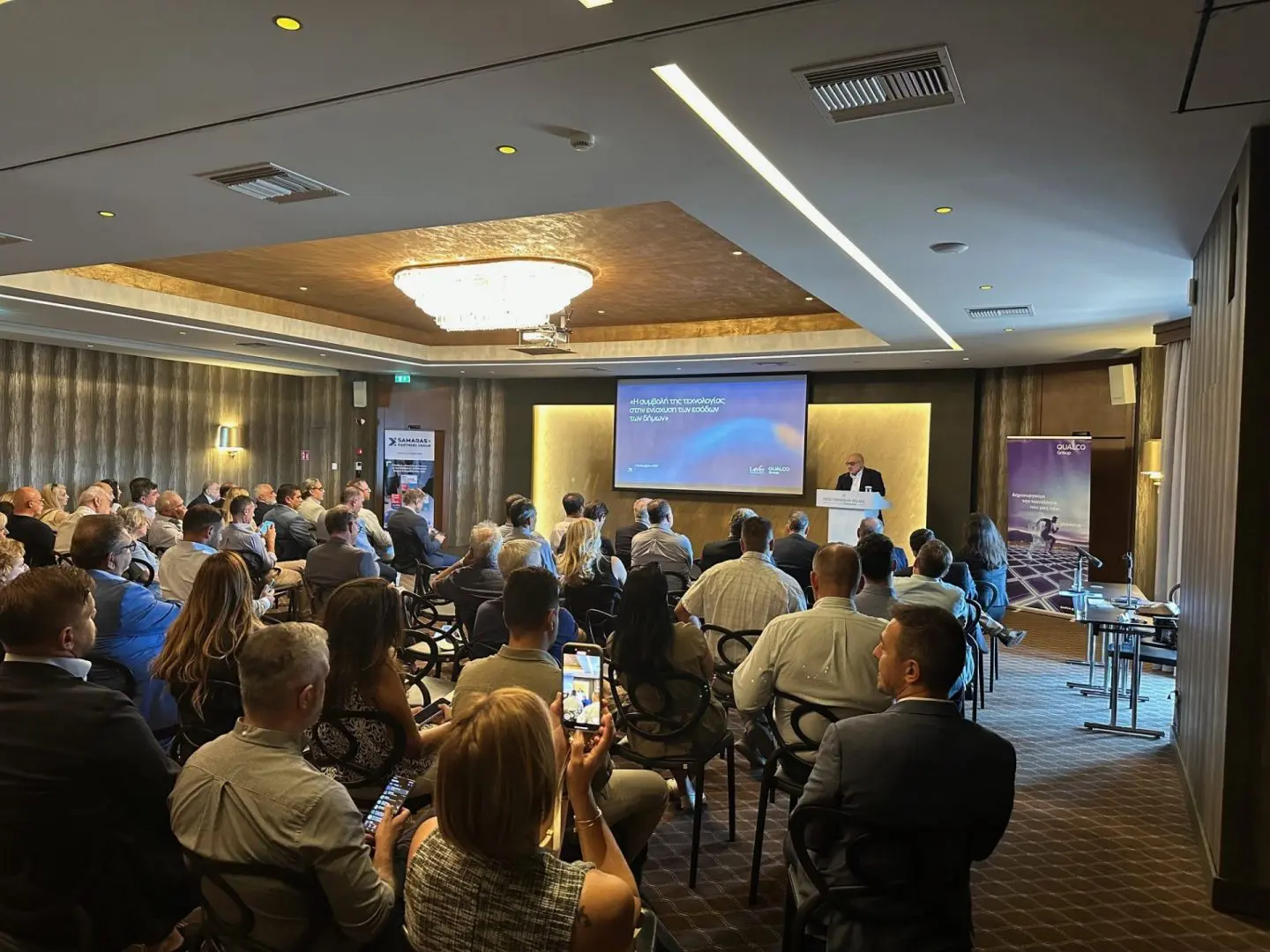What is its real objective, after all?
The technological advancements of recent decades have brought significant changes both in how we move and in how cities plan their transport systems.
Vehicle technologies are evolving rapidly year by year, incorporating innovative systems that improve travel comfort (navigation, signage information, automatic parking, voice commands, etc.) as well as safety (automatic braking, lane-keeping assistance, etc.). As a result, vehicle use becomes more attractive, and the driving experience more enjoyable.
At the same time, major innovations are being applied in the development of environmentally friendly vehicles, with electromobility being the primary solution for moving away from fossil fuels. Emerging technologies, such as hydrogen fuel cells, are also expected to contribute to this effort. Thus, the use of newer vehicles has significantly lower environmental impacts, especially regarding air quality in densely populated urban areas.
On the other hand, cities now have new tools based on enhanced connectivity and IoT (Internet of Things) technologies. Smart cities can dynamically monitor traffic volumes and optimize city operations remotely. Traffic signals can be adjusted in real time based on network needs, while citizens can receive live updates to better plan their journeys. In this way, cities are designing transportation systems based on new technologies to achieve greater functionality through timely forecasting and management of needs, while also preparing infrastructure for emerging vehicle requirements (e.g., EV charging infrastructure).
But is this the real goal of strategic urban transport planning?
The answer is YES and NO.
Cities must adapt and implement new technologies in an organized and effective manner through integrated planning. Reducing air pollutants and noise pollution are significant advantages that must be leveraged.

However, the true objective of transport planning should be to change citizen behavior regarding their travel habits. The goal of cities through their planning should be to create the right conditions that help each individual more easily choose a more sustainable mode of transport (e.g., walking, cycling, public transport) over a private motor vehicle. This is the core challenge of transport planning, one that can truly improve the functioning of cities while also ensuring a better quality of life for their residents.
This principle has guided the company “Lever – Development Consultants S.A.”, a member of the “Samaras & Associates” Group, for over six years, during which it has supported more than 50 Greek cities in the preparation of Sustainable Urban Mobility Plans (SUMPs), Electric Vehicle Charging Infrastructure Plans (EVCIPs), and other mobility-related initiatives.







